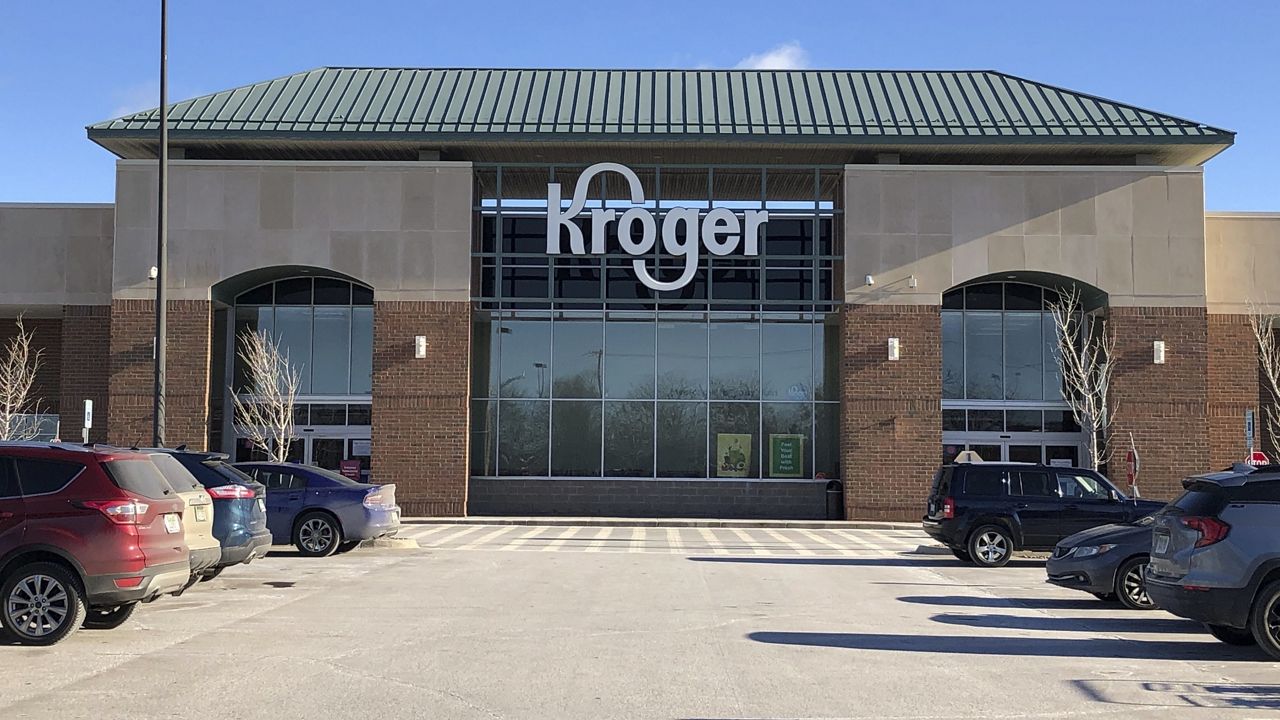The Federal Trade Commission is suing to block Kroger's $24.6 billion acquisition of Albertsons, arguing that the merger between the two grocery chain giants would lead to higher grocery prices for millions of Americans, as well as harm thousands of American workers.
The lawsuit was filed in U.S. District Court in Oregon on Monday and was joined by a bipartisan group of nine attorneys general, including California, Nevada, Illinois and the District of Columbia.
Ohio-based Kroger operates more than 2,500 stores in 36 states, including brands like Fred Meyer, Fry’s, Harris Teeter and King Soopers. Idaho-based Albertsons operates more than 2,200 stores in 35 states, including Safeway and Jewel-Osco. Combined, across 48 states, they would employ roughly 700,000 employees in 48 states, according to the FTC. An estimate from J.P. Morgan analyst Ken Goldman said they would roughly control 13% of the U.S. grocery market.
The companies agreed to merge in 2022, citing that together they could better compete with national chains like Costco and Walmart, as well as retailers like Amazon. To contrast, Goldman says Walmart controls about 22% of the country's grocery market.
“This supermarket mega merger comes as American consumers have seen the cost of groceries rise steadily over the past few years. Kroger’s acquisition of Albertsons would lead to additional grocery price hikes for everyday goods, further exacerbating the financial strain consumers across the country face today,” Henry Liu, Director of the FTC’s Bureau of Competition, said in a statement. “Essential grocery store workers would also suffer under this deal, facing the threat of their wages dwindling, benefits diminishing, and their working conditions deteriorating.”
The FTC said the merger would also erase competition for workers, threatening their ability to win higher wages, better benefits and improved working conditions.
The Biden administration has also shown a willingness to challenge big mergers in court. Last month, the Justice Department sued to block a proposed merger between JetBlue Airways and Spirit Airlines.
Kroger has promised to invest $500 million to lower prices as soon as the deal closes. It said it also invested in price reductions when it merged with Harris Teeter in 2014 and Roundy’s in 2016. Kroger also promised to invest $1.3 billion in store improvements at Albertsons as part of the deal.
Last year, C&S Wholesale Grocers agreed to purchase 413 stores and eight distribution centers that Kroger and Albertsons agreed to divest in markets where the two companies’ stores overlapped. C&S said it would honor all collective bargaining agreements with workers.
Still, the United Food and Commercial Workers union, which represents 835,000 grocery workers in the U.S. and Canada, voted last year to oppose the merger, saying Kroger and Albertsons had failed to be transparent about the potential impact of the merger on workers.
The union was also critical of a $4 billion payout to Albertsons shareholders that was announced as part of the merger deal. Several states, including Washington and California, tried unsuccessfully to block the payment in court, saying it would weaken Albertsons financially.
The Associated Press contributed to this report.



